Nowadays it seems more and more that our culture is curated by algorithms. Every single day we interact with content mediated and recommended to us by algorithms. On the one hand this can be a great tool to discovering more content that we might like, that might “fit our taste.” But one thought keeps bugging me. Do these algorithms really “predict” our taste or do they actually “form” our tastes.
Spotify
I am sure we have all come across these algorithms in the form of “recommended for YOU.” But I will nonetheless give some personal examples of how I encounter algorithmic culture on a daily basis. Probably one of the widest spread algorithmic “recommendations” is the one found in Spotify’s app. Spotify provides users with dozens of different daily mixes, mood mixes, niche mixes, and their famed Discover Weekly playlist, full of new music that the algorithm thinks you will like.
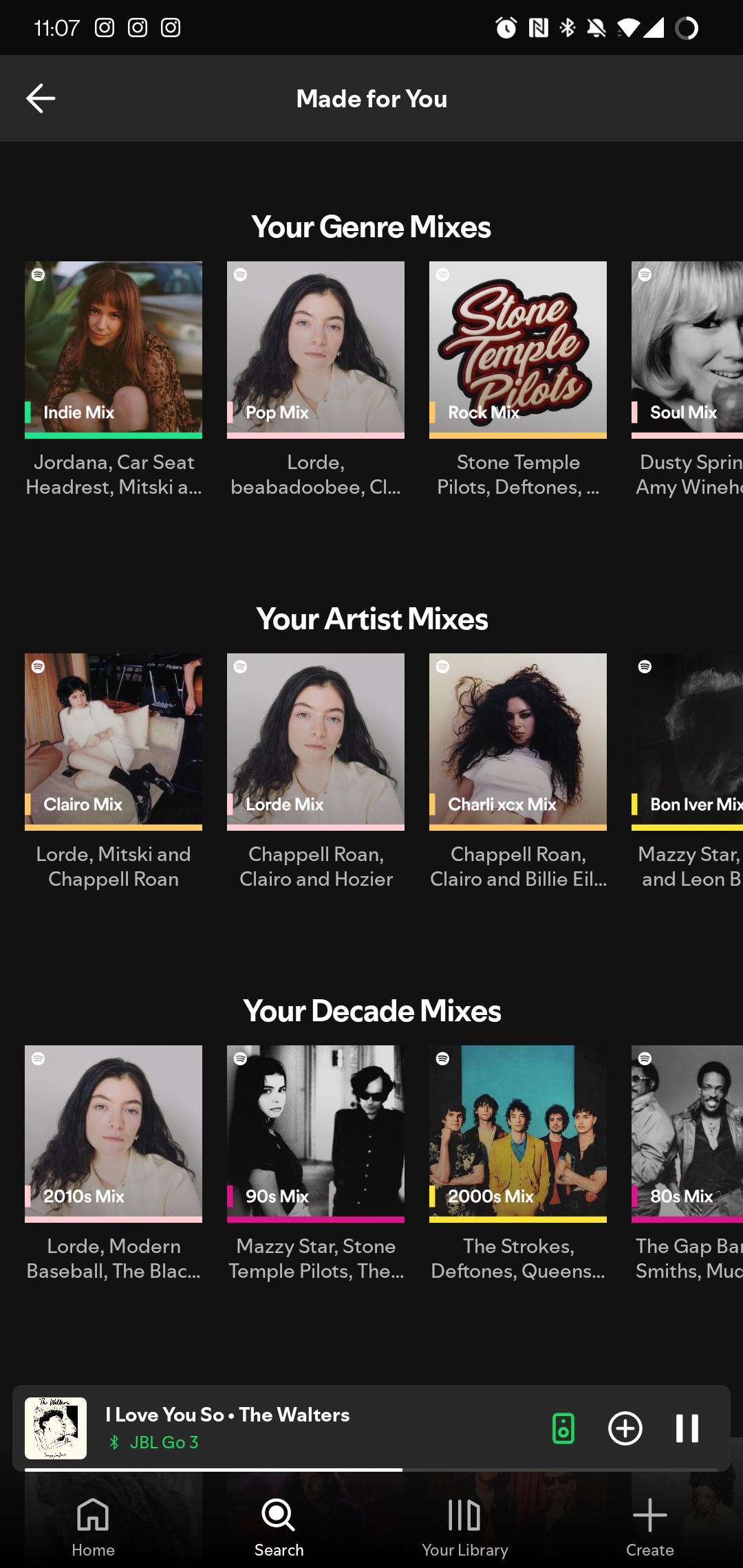
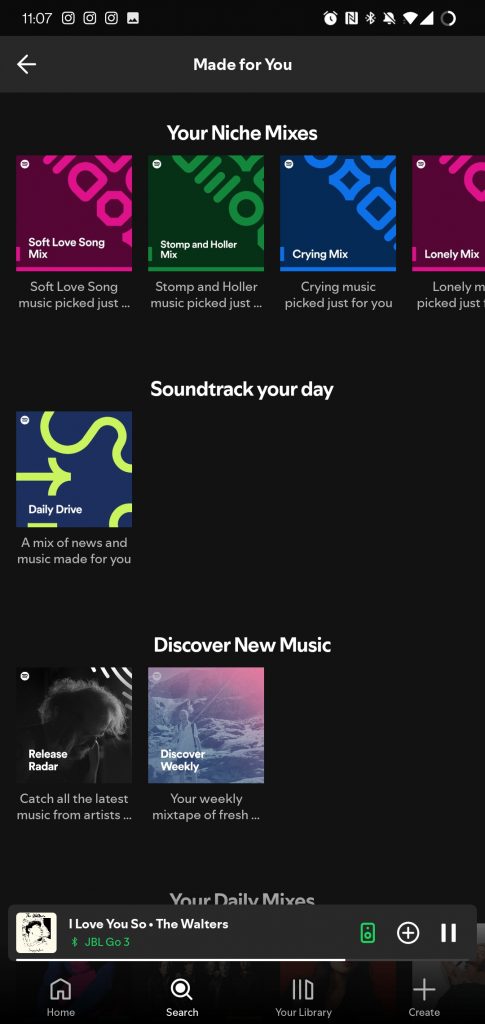
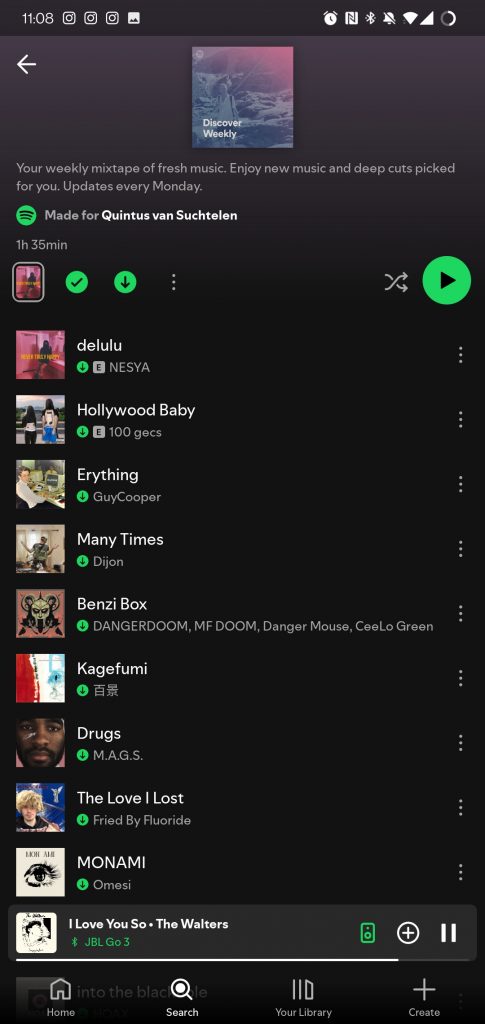
Overall, I think I am quite content with my Spotify recommendations, usually there are at least a couple of songs I like and end up adding to my playlists, so in a way the algorithm did a good job. But then the existentialist in me asks the question: Did the algorithm do a good job “predicting” what I would like, or did it do a good job nurturing me into liking its recommendations? This might make me sound paranoid, but I don’t think this fear is entirely unfounded. Precisely because I know that I am, like most of us, highly susceptible to the addictive nature of social media, something which is almost entirely based on algorithms that are optimized to suck as much of our attention as possible.
YouTube
I think the worst perpetrator of this algorithmic culture, and where I most noticeably see the destruction of my own tastes is YouTube. Back in the “good old days” when you used YouTube you would go to your subscriptions page and you would be served with a chronological list of the latest videos uploaded by the channels you subscribed to. This is the way I first started using YouTube. Coming home from school I would grab my iPad, open my YouTube app and scroll through all the latest video that my favourite creators had uploaded in the 24 hours since I had last checked, and I would pick the videos that interested me the most to watch. New creators weren’t served to me through some algorithm, in fact most of the creators I watched I found through collaborative videos, shout-outs at the end of videos from my favourite creators (when did the shout-outs stop being a thing?) or through big media management channels like Machinima where different creators would partner to get more exposure.
Nowadays the YouTube experience is vastly different. There was a long period of time where YouTube basically broke the Subscription system and many small creators suffered, and while it is sort of back in its original format, really no one uses it anymore since the “optimization” of YouTube Home. An endlessly scrollable page of videos hand-picked just for you! Or at least, that’s what YouTube wants you to believe. My experience with YouTube recommendations is a lot more negative, nearly all the videos recommend to me from new creators seem heavily formulaic, as if they weren’t made for me to enjoy, but more for the algorithm to enjoy.
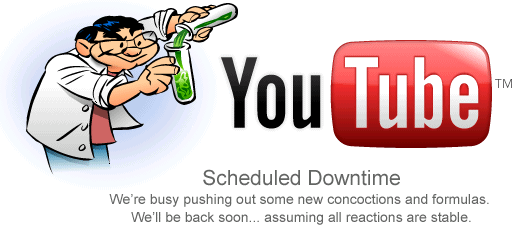
What I mean by this is that there has been a massive shift in cultural decimation over the last decades, and we see this in YouTube. Where previously creators got most of their exposure through collaborations or shout-outs, something for which you need content that people enjoy and interact with, nowadays most creators their exposure through the Algorithm. And if you want to get pushed by the Algorithm, then you need to make content that appeases the Algorithm. Herein lies the crux of the problem with algorithmic culture. A creator WANTS to create content that they enjoy, and that their fans will enjoy, but in our current situation where all recommendations are curated by algorithms, the creator is forced to create content that will do well in the landscape created by these algorithms. The priority is no longer on the enjoyment of the fans, or the creators love for creating. All that matters is the algorithm, that sucks people in, shows them advertisements, and spits out money. Nothing else matters.
Okay, I will end this blog before I start sounding like way too much of an old cynic, and I will leave you with this: If you are interested in learning more about algorithmic culture, and the fate of the creator, check out this eye-opening keynote speech by Jack Conte, the CEO of Patreon; Death of the Follower & the Future of Creativity on the Web with Jack Conte | SXSW 2024 Keynote

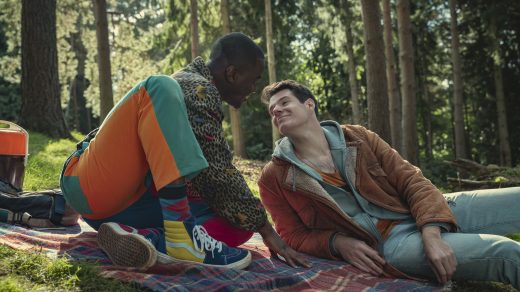

Great read! I totally get what you mean about Spotify and YouTube—sometimes it feels like we’re just following the algorithm’s lead instead of discovering stuff we genuinely like. On YouTube I struggle to find something I like, I just watch a few shows I like since the algorithm does not let me explore further. I believe those algorithms forget we are multifaced human beings who like very different things at the same time. Also, it is crazy how creators now have to cater to these algorithms to get noticed.
The same issue has been bothering me, especially in the case of Spotify; I also ended up writing a similar blog about it. Due to hyper-individualization, it has become nearly impossible for me to find new music, I just end up listening to the same songs again and again!
It is quite remarkable how algorithms create cultural bubbles online. Nowadays, it is possible to gain millions of views and become popular in a certain online circle while remaining unknown to a big group of other internet users. A few years ago, it was more common for nearly everyone to be aware when something or someone went viral. This phenomenon of algorithmic bubbles bursts in front of my eyes only when I have face-to-face discussions with my friends who have different interests than me. Often when I assume they have heard of a topic that I assumed to have gone viral based on my personalized algorithm, they have not even heard of it at all.
Eventhough I don’t watch YouTube, I still enjoyed this blog very much. I can relate to it on a different media platform: Instagram. I used to see when my friends posted something in chronological order. Now I only get recommended posts, reels and ads. Sometimes I totally miss my friends post, because of this “new” update.